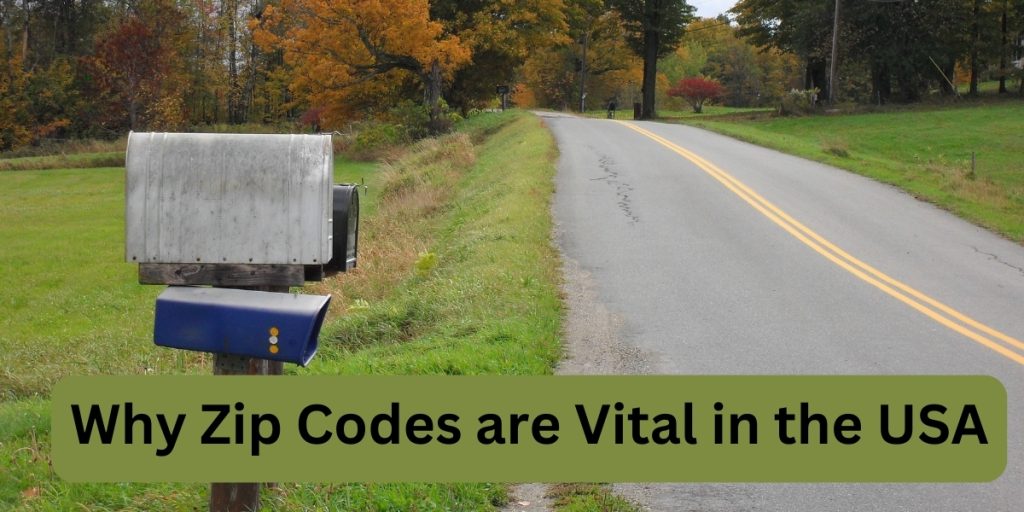Why Zip Codes are Vital in the USA – usazipcodes.net
In the sprawling network of addresses that crisscross the United States, there exists a vital component that often goes unnoticed but plays a crucial role in everyday life: the Zip Code. These numerical codes, introduced by the United States Postal Service (USPS) in 1963, serve as indispensable tools for efficiently sorting and delivering mail, while also serving a myriad of other functions that impact various aspects of American society. Check All USA Zip Codes with Easy Search.
Understanding Zip Codes
Zip Codes, short for “Zone Improvement Plan” codes, are numerical identifiers assigned to specific geographic areas within the United States. Structured as a series of five digits, with the option of adding a four-digit extension for greater precision, these codes are designed to streamline the mail delivery process by providing a standardized format for addressing.
Facilitating Efficient Mail Delivery
At its core, the primary function of Zip Codes is to facilitate the efficient sorting and delivery of mail. When a letter or package is sent through the postal system, it is first sorted based on its Zip Code, allowing postal workers to quickly route it to the appropriate destination. This process significantly reduces delivery times and ensures the accuracy of mail delivery, even in a country as vast and diverse as the United States.
Geographical Identification
Beyond their role in mail delivery, Zip Codes also serve as important geographic reference points. Each Zip Code corresponds to a specific area, such as a city, town, or neighborhood, making them invaluable tools for navigation and mapping services. Whether it’s finding directions on a GPS device or locating a business on an online map, Zip Codes provide essential context for understanding the geographical layout of the country.
Economic Implications
In addition to their logistical functions, Zip Codes have significant economic implications. Businesses rely on Zip Code data for market analysis and business planning, allowing them to identify target markets, assess consumer demographics, and tailor their marketing strategies accordingly. By understanding the demographic makeup of different Zip Code areas, businesses can make informed decisions about where to locate their operations and how to effectively reach their target audience.
Social Services and Government Functions
Zip Codes play a crucial role in the allocation of resources and funding for social services and government functions. Government agencies use Zip Code data to determine the distribution of funding for programs such as healthcare, education, and infrastructure development. Additionally, Zip Codes are essential for emergency response and disaster management, allowing first responders to quickly locate and assist those in need during times of crisis.
Community Development
On a local level, Zip Codes contribute to community development by enhancing civic engagement and participation. Local governments use Zip Code data to identify areas in need of investment and development, while community organizations rely on Zip Code information to target outreach efforts and provide essential services to residents. By empowering communities with accurate and up-to-date Zip Code data, stakeholders can work together to address pressing issues and improve quality of life.
The Ubiquitous Role of Zip Codes
In conclusion, Zip Codes are far more than just strings of numbers—they are vital components of the fabric of American society. From facilitating efficient mail delivery to supporting economic development and community empowerment, Zip Codes play a ubiquitous role in nearly every aspect of life in the United States. As technology continues to evolve and society changes, the importance of Zip Codes is likely to endure, serving as indispensable tools for navigating the complexities of modern life.

